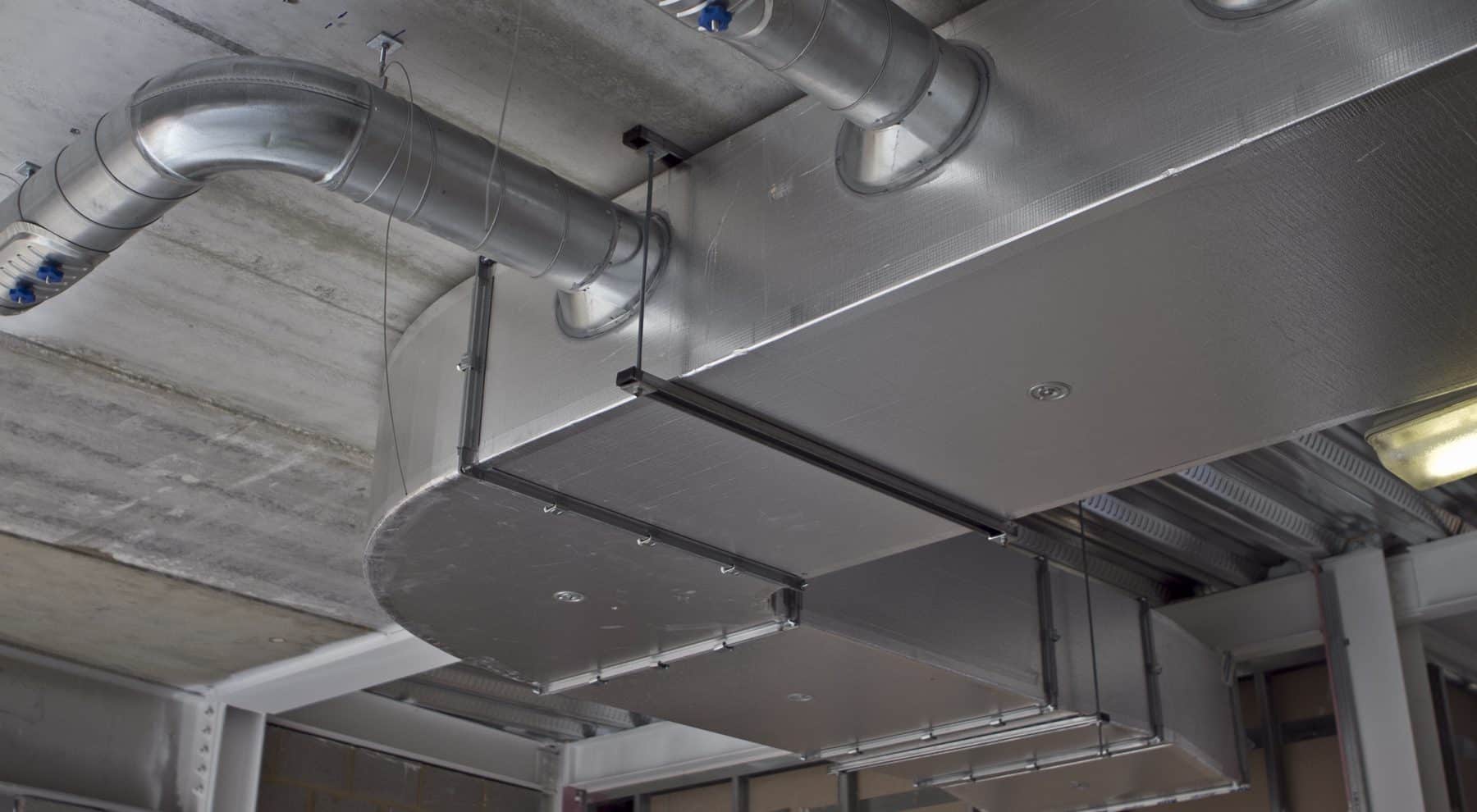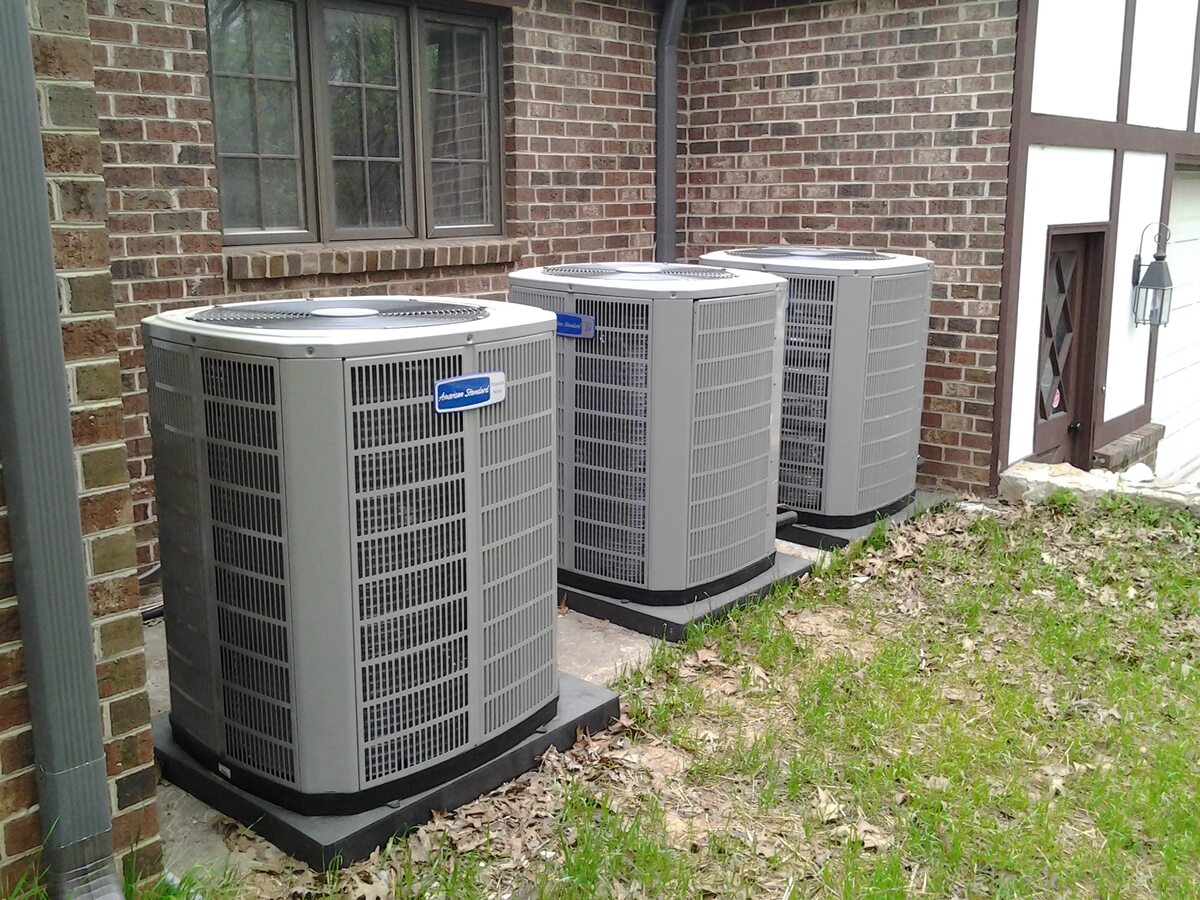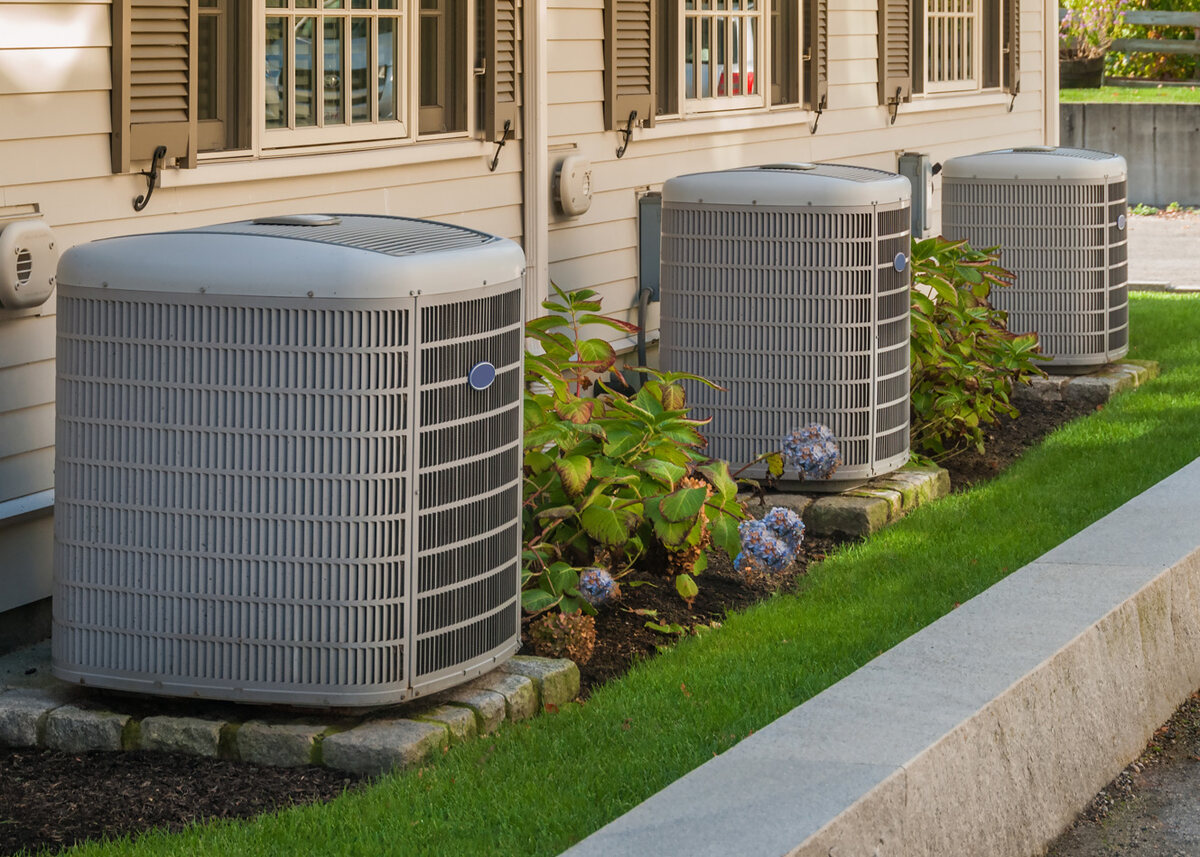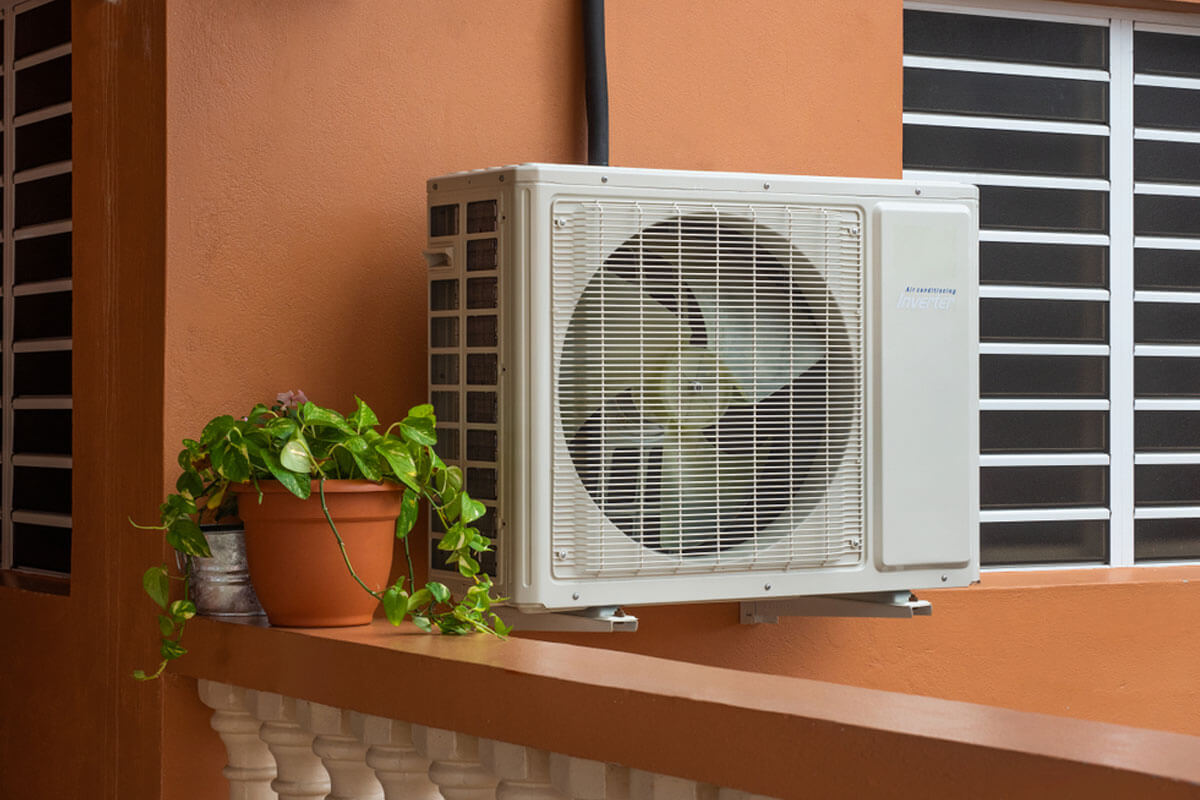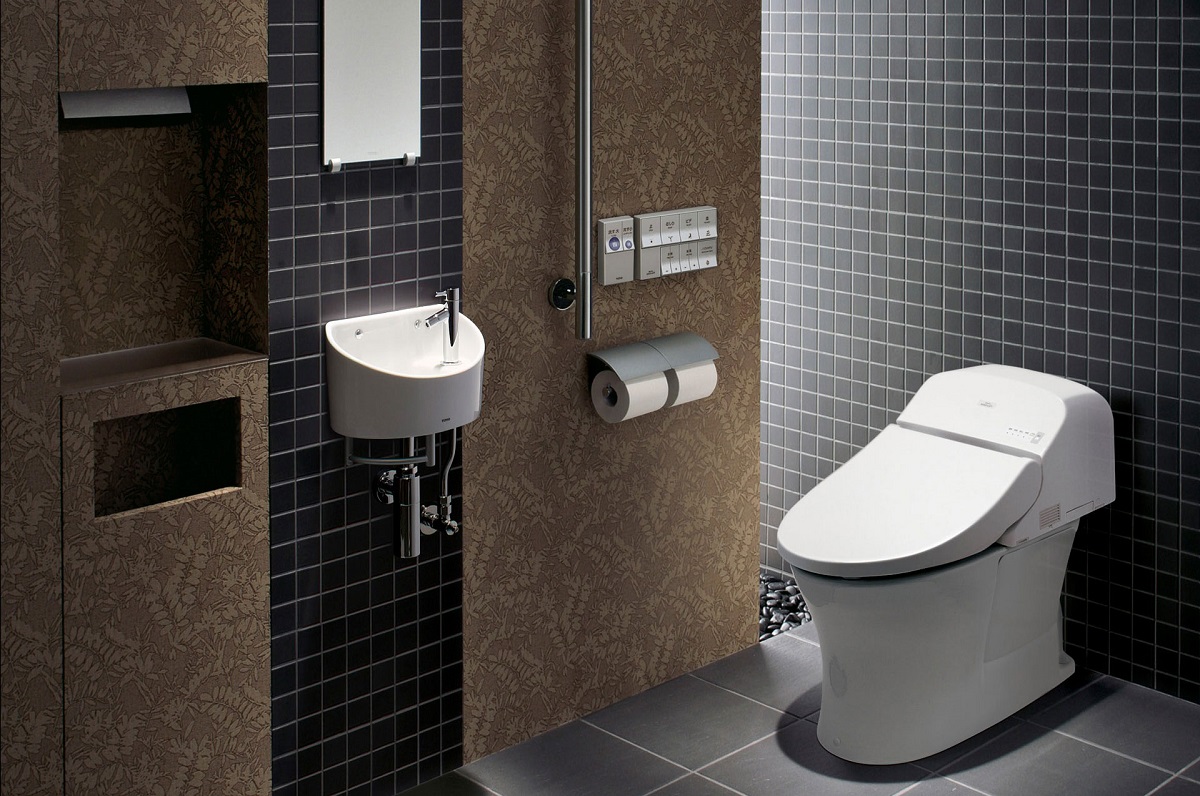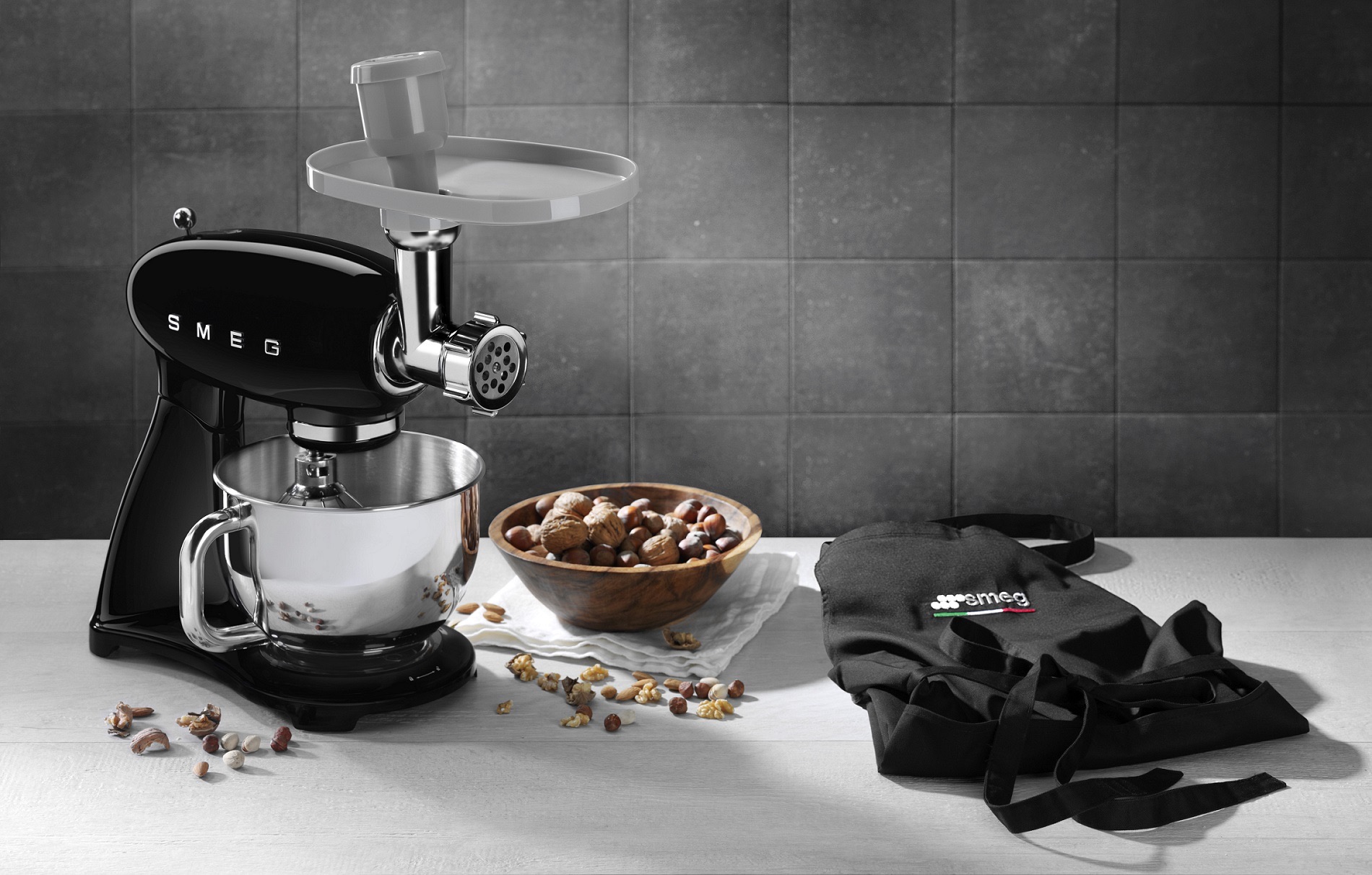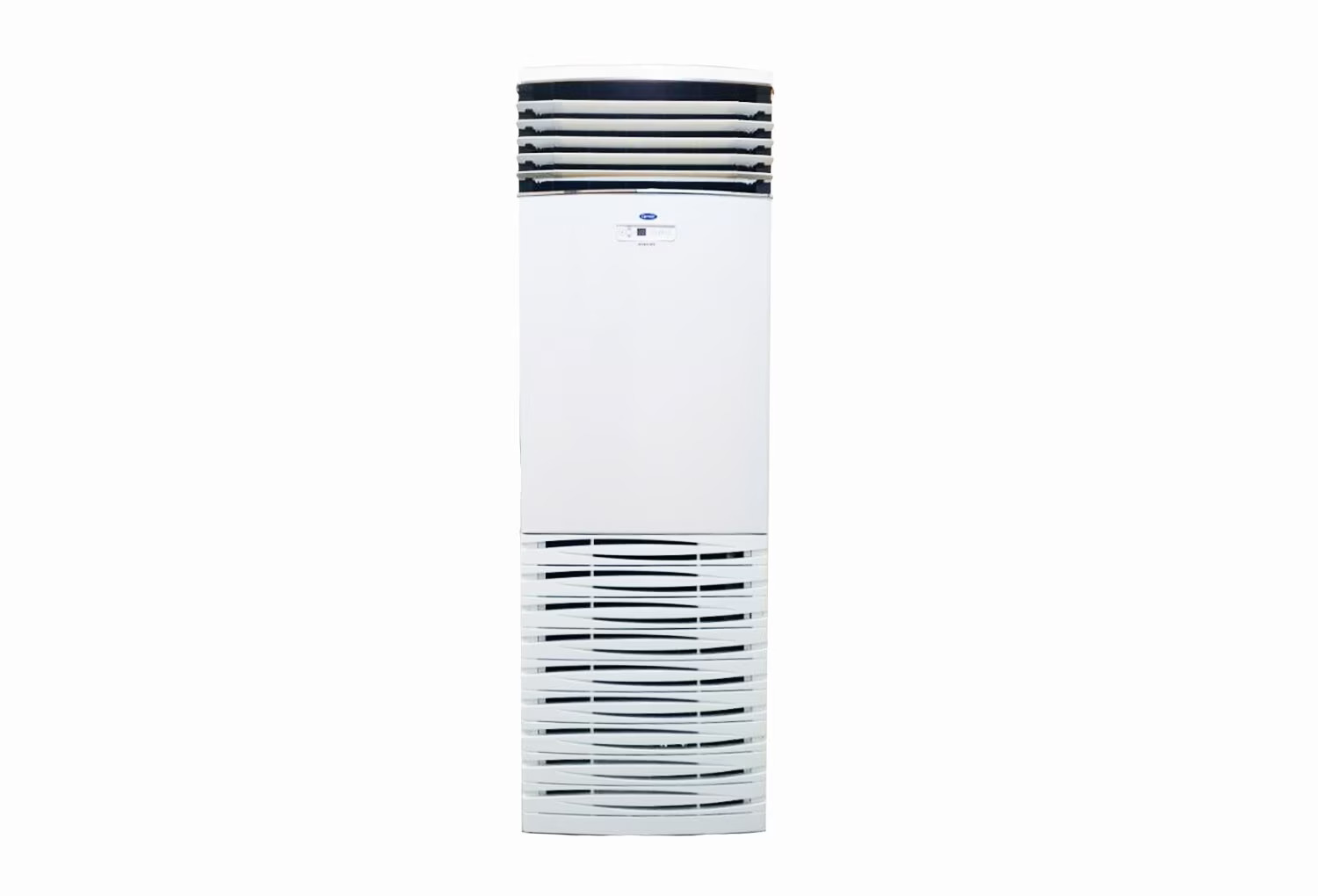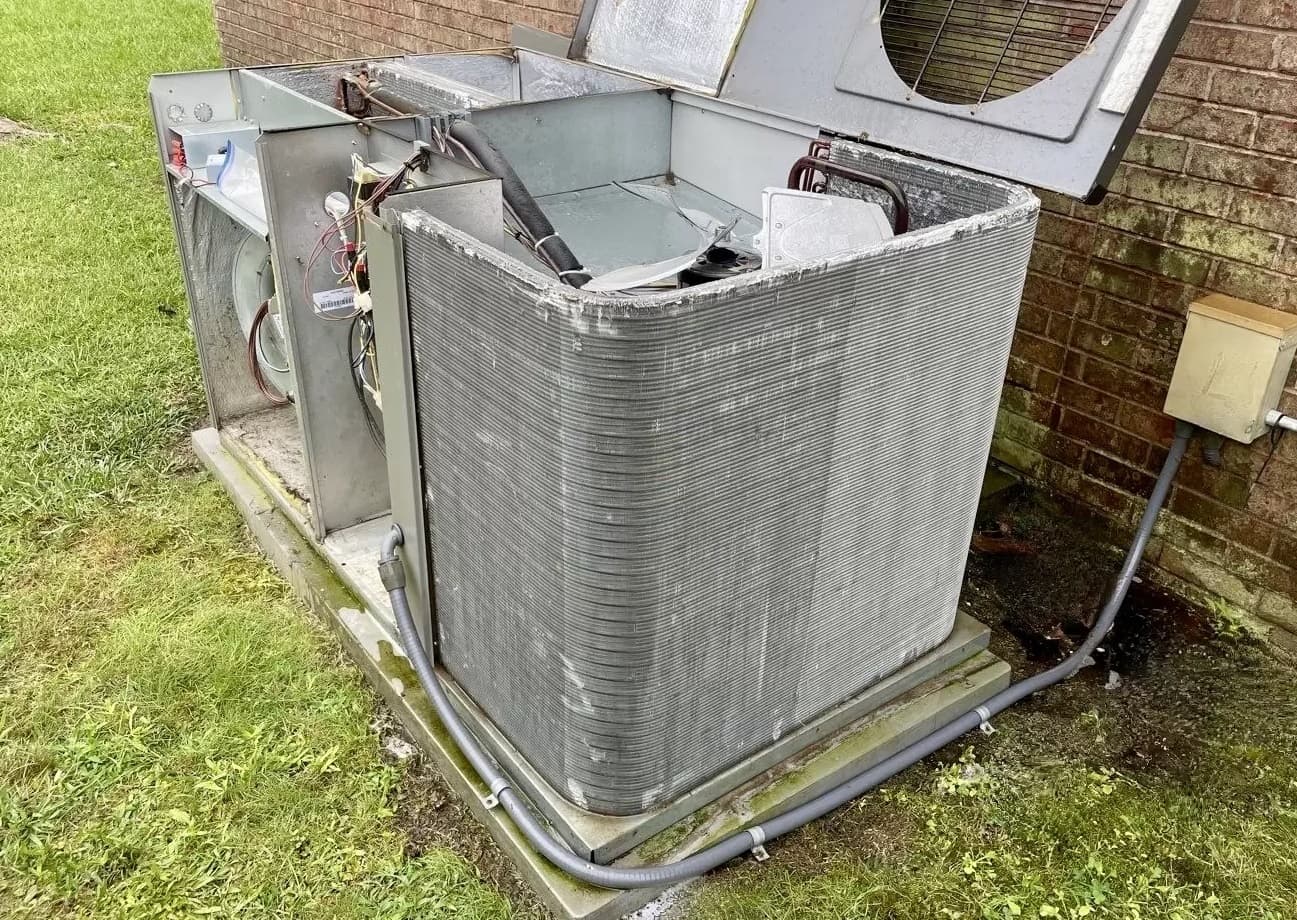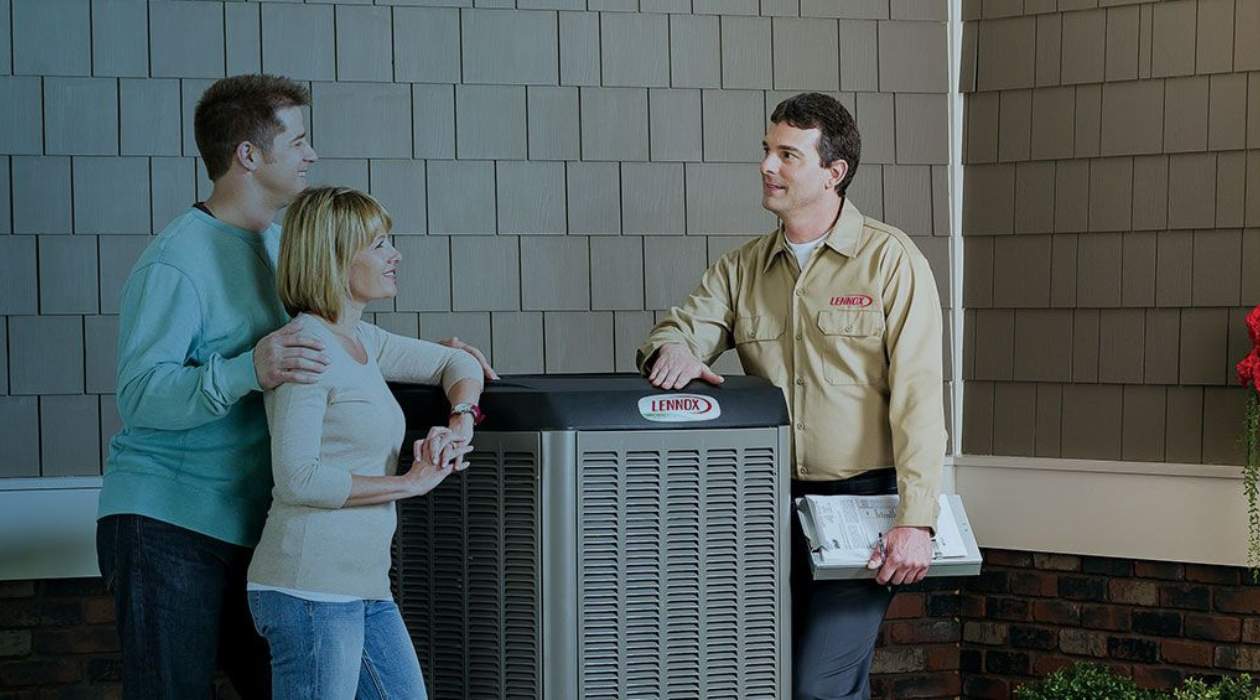Home>Home Maintenance>How Much Does Ducted Air Conditioning Cost
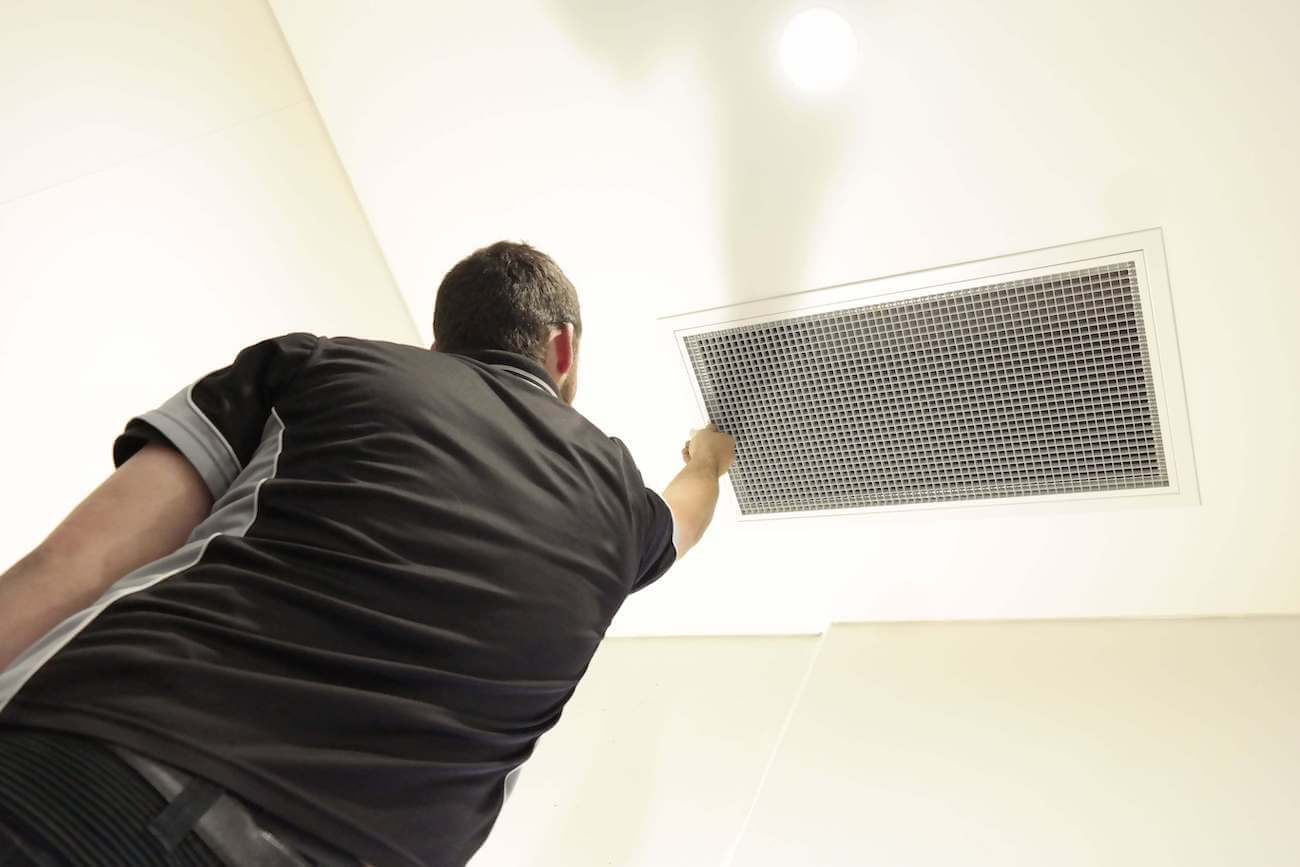

Home Maintenance
How Much Does Ducted Air Conditioning Cost
Modified: March 6, 2024
Find out the average cost of ducted air conditioning for home maintenance. Get expert tips and advice to budget for your air conditioning needs.
(Many of the links in this article redirect to a specific reviewed product. Your purchase of these products through affiliate links helps to generate commission for Storables.com, at no extra cost. Learn more)
Introduction
Welcome to the world of ducted air conditioning! Whether you are considering installing a new system or upgrading your existing one, it’s important to understand the cost aspects involved. Ducted air conditioning provides centralized cooling and heating for your home or commercial space, offering comfort and climate control throughout the year. However, the cost of a ducted air conditioning system can vary depending on several factors.
In this article, we will explore the different factors that affect the cost of ducted air conditioning, provide average cost estimates, discuss the breakdown of expenses, and explore factors that can influence the overall cost. We will also compare ducted air conditioning costs with other cooling options to help you make an informed decision. So, let’s dive in!
Key Takeaways:
- Ducted air conditioning costs vary based on property size, number of rooms, and system type. Residential systems range from $5,000 to $15,000, while commercial systems start at $15,000.
- Factors like location, property type, and equipment quality influence costs. Ducted air conditioning offers whole-property cooling, but split and multi-split systems are alternatives for specific needs.
Factors Affecting the Cost of Ducted Air Conditioning
When it comes to determining the cost of ducted air conditioning, there are several key factors that come into play. Let’s take a closer look at each of them:
- Size of the property: The size of your property will play a significant role in determining the cost of a ducted air conditioning system. Larger properties require more powerful units and longer ductwork, which can increase the overall cost.
- Number of rooms to be air-conditioned: The number of rooms or zones that you want to cool or heat will impact the cost. Each room or zone will require its own ducting and airflow controls, which increases the complexity and cost of the system.
- Type of system: There are different types of ducted air conditioning systems available, such as single-phase or three-phase systems. Three-phase systems are generally more expensive but provide better performance and energy efficiency.
- Efficiency and energy ratings: Higher-rated energy-efficient systems may cost more upfront but can result in significant savings in the long run through reduced energy consumption. Look for systems with high energy ratings to ensure optimal energy efficiency.
- Ducting requirements: The length and complexity of the required ducting can impact the cost. If your property has tight spaces or intricate floor plans, additional ducting modifications may be needed, resulting in higher costs.
- Additional features and customization options: Ducted air conditioning systems offer various additional features and customization options, such as zoning capabilities, Wi-Fi connectivity, and advanced control panels. These features can enhance comfort and convenience but may also increase the overall cost.
It’s important to keep these factors in mind when planning your ducted air conditioning system, as they will help you understand the potential cost implications and make informed decisions. Now, let’s move on to exploring the average cost of ducted air conditioning systems.
Average Cost of Ducted Air Conditioning Systems
The cost of a ducted air conditioning system can vary depending on the type of property, the size of the system, and other factors. Let’s take a look at the average costs for both residential and commercial properties.
Residential Properties:
For residential properties, the average cost of a ducted air conditioning system can range from $5,000 to $15,000 or more, depending on the factors mentioned earlier. This cost includes the equipment, installation, and basic features. Keep in mind that this is just an average estimate, and the actual cost can vary based on the specific requirements of your property.
Commercial Properties:
Commercial properties generally require larger and more complex ducted air conditioning systems compared to residential properties. The average cost for a commercial ducted air conditioning system typically starts at around $15,000 and can go up to $50,000 or more, depending on the size of the property, the number of zones, and additional customization options.
These average cost ranges provide a general idea of what you can expect to pay for a ducted air conditioning system. However, it’s essential to obtain quotes from reputable HVAC contractors to get accurate pricing based on your specific needs and property requirements.
Now that we have an understanding of the average costs, let’s break down the expenses involved in installing a ducted air conditioning system.
Cost Breakdown
When calculating the cost of a ducted air conditioning system, it is important to consider various components and factors. Let’s break down the expenses involved:
Equipment and Installation Costs:
The primary cost of a ducted air conditioning system includes the equipment and installation. This includes the price of the air conditioning unit itself, as well as the labor cost for installation. The equipment cost will vary depending on the brand, size, and efficiency rating of the system. Professional installation is crucial to ensure proper functionality and performance, so it is recommended to hire certified HVAC technicians for the job.
Ductwork and Materials:
The ductwork is an integral part of a ducted air conditioning system. It carries the cooled or heated air throughout the property. The cost of ductwork depends on the size of the property, the number of rooms or zones, and the complexity of the layout. In addition to ductwork, other materials such as vents, grilles, and insulation may be required, adding to the overall cost.
Additional Features and Customization Costs:
Ducted air conditioning systems offer a range of additional features and customization options. This can include zoning capabilities, allowing you to control the temperature in different areas independently. Other features may include Wi-Fi connectivity, smart thermostats, and advanced control panels. While these features add convenience and functionality, they can also increase the overall cost of the system.
Read more: How Much To Run Ducted Air Conditioning
Maintenance and Running Costs:
It’s essential to consider the ongoing costs associated with owning a ducted air conditioning system. Regular maintenance, such as filter replacements and system inspections, is necessary to ensure optimal performance and longevity. Running costs, such as electricity consumption, will depend on the energy efficiency of the system and how often it is used. Choosing an energy-efficient system can help reduce long-term running costs.
Keep in mind that these costs may vary depending on the specific requirements of your property, the brand of equipment chosen, and the complexity of the installation. It is always recommended to consult with HVAC professionals to get accurate cost estimates based on your individual circumstances.
Now that we have discussed the cost breakdown, let’s explore some additional factors that can influence the overall cost of a ducted air conditioning system.
Factors that can Influence the Cost
Several factors can influence the overall cost of a ducted air conditioning system. Let’s take a closer look at some key factors:
Location and Accessibility:
The location of your property and the accessibility of the installation area can impact the cost. If your property is in a remote or difficult-to-access location, it may require additional labor and equipment, which can increase the overall cost of installation.
Type of Property:
The type of property you have, whether it’s a single-family home, an apartment complex, or a commercial building, can influence the cost. Commercial properties often require larger and more complex systems, which can lead to higher costs compared to residential properties.
Design and Layout Requirements:
The design and layout of your property can affect the cost of a ducted air conditioning system. Properties with unique or intricate layouts may require additional planning and customization, adding to the overall cost. On the other hand, properties with a straightforward layout may have a more streamlined installation process and potentially lower costs.
Brand and Quality of Equipment:
The brand and quality of the air conditioning equipment you choose can impact the cost. Well-known brands with a reputation for quality and reliability may come at a higher price point. However, investing in high-quality equipment can provide better performance and longevity, potentially saving you money on repairs and replacements in the long run.
Additional Services and Warranties:
Some HVAC contractors may offer additional services, such as ongoing maintenance plans or extended warranties. These services can add value but may also come at an additional cost. It’s important to carefully evaluate the benefits and costs of these offers to determine if they align with your needs and budget.
Considering these factors when planning for a ducted air conditioning system can help you better estimate the overall cost. Working with reputable HVAC professionals will ensure that these factors are taken into account during the planning and installation process.
Now, let’s compare the cost of ducted air conditioning systems with other cooling options to help you make an informed decision.
Comparison of Ducted Air Conditioning Costs
When considering the cost of cooling options for your property, it’s important to compare ducted air conditioning with other commonly used systems. Let’s explore the cost comparisons between ducted air conditioning and three popular alternatives:
Read more: How Much Does Ductless Air Conditioning Cost
Ducted vs. Split System Air Conditioning:
Split system air conditioning consists of an indoor unit and an outdoor unit, connected by refrigerant lines. While split systems are generally more affordable in terms of upfront costs, they may not provide the same level of comfort and convenience as ducted air conditioning. Split systems are ideal for cooling individual rooms or small spaces, but if you have multiple rooms or a larger property, ducted air conditioning may be more cost-effective in the long run as it provides centralized cooling to all areas.
Ducted vs. Multi-Split System Air Conditioning:
Multi-split systems are similar to split systems, but they have multiple indoor units connected to a single outdoor unit. They allow for independent temperature control in each room or zone. Multi-split systems are generally more expensive upfront compared to ducted air conditioning and can incur additional installation costs for each indoor unit. However, they provide more flexibility in terms of zone control and are suitable for properties with varying cooling needs. Ducted air conditioning, on the other hand, can cool the entire property with a single unit, making it more cost-effective for larger spaces.
Ducted vs. Evaporative Cooling:
Evaporative cooling uses the process of evaporation to cool the air, and it requires water to operate. Evaporative cooling systems are typically more affordable to purchase and install compared to ducted air conditioning. However, they are less effective in humid climates and may require more water consumption. Ducted air conditioning offers better temperature control and can be more energy-efficient, making it a popular choice for those seeking long-term comfort and flexibility, even though it may have a higher initial cost.
When comparing the costs of these cooling options, it’s important to consider factors such as the size and layout of your property, the number of rooms to be cooled, your climate, and your long-term cooling needs. Consulting with HVAC professionals can help you determine which system will be the most cost-effective and suitable for your specific requirements.
Now, let’s conclude our discussion on ducted air conditioning costs.
Conclusion
When it comes to the cost of ducted air conditioning, several factors come into play. The size of your property, the number of rooms to be air-conditioned, the type of system, efficiency ratings, ducting requirements, and additional features all contribute to the overall cost. Understanding these factors is crucial to budgeting and making informed decisions.
On average, the cost of a ducted air conditioning system for residential properties can range from $5,000 to $15,000 or more, while commercial properties may require systems ranging from $15,000 to $50,000 or higher. These estimates include equipment, installation, and basic features, but additional customization options and maintenance costs should also be considered.
Other factors, such as location, type of property, design requirements, equipment brand and quality, and additional services and warranties, can also influence the cost. Taking these factors into account during the planning stage ensures a more accurate estimate and helps avoid unexpected expenses.
When comparing ducted air conditioning costs with other cooling options, such as split systems, multi-split systems, and evaporative cooling, it is important to consider individual needs, property characteristics, and long-term benefits. While upfront costs may vary, ducted air conditioning offers centralized, whole-property cooling and customization options that can enhance comfort and energy efficiency in the long run.
Lastly, it is crucial to consult with experienced HVAC professionals to assess your specific needs, obtain accurate cost estimates, and ensure a professional installation process. They can provide expert guidance and advice to help you choose the right ducted air conditioning system that fits your budget and requirements.
We hope this comprehensive article has provided valuable insights into the factors influencing ducted air conditioning costs. By understanding these factors and making informed decisions, you can create a comfortable and climate-controlled environment in your home or commercial space while staying within your budget.
Frequently Asked Questions about How Much Does Ducted Air Conditioning Cost
Was this page helpful?
At Storables.com, we guarantee accurate and reliable information. Our content, validated by Expert Board Contributors, is crafted following stringent Editorial Policies. We're committed to providing you with well-researched, expert-backed insights for all your informational needs.
